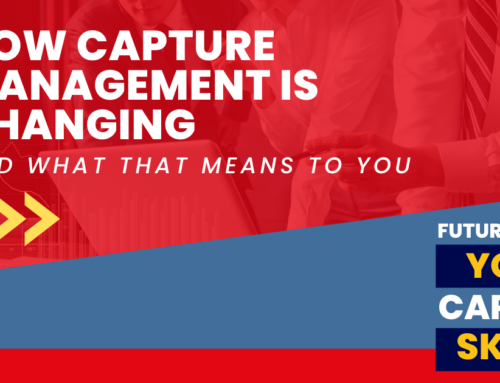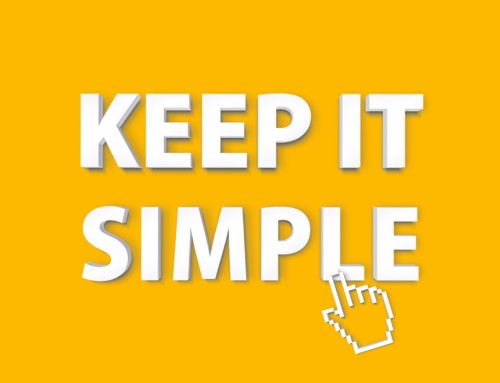by Tara Rethore, CEO of M. Beacon Enterprises LLC
Mentorship is a fairly common tool for professional development, as part of both formal mentoring programs (e.g., APMP-NCA’s Mentor-Protégé Program) and self-initiated personal development plans. An effective mentor is usually a more experienced person who guides someone along her/his professional journey based on her/his experiences and ability to model positive behaviors. Mentors can be helpful at just about any point in one’s career and often are part of the same organization or working in a similar discipline. They’ve learned the rules of the road and share them with less experienced staff. Awesome.
Yet, is a mentor enough?
Mentors can be fabulous for building skills and navigating organizational and professional pathways. Advancing your career needs something else. Of course, you must master your work, get along with colleagues and customers, and do what you say you will do. Delivering results consistently and with integrity remains a critical factor in advancing your career. Yet, no matter how good you are and how well your results speak for you, neither is sufficient if you and your results are not apparent to others.
Enter the advocate.
Oxford defines mentor as “an experienced and trusted advisor.” By contrast, an advocate is “a person who puts [forth] a case on someone else’s behalf.” A mentor’s job depends entirely on you—the path you are taking and the skills you will (or must) develop—guiding you along the way. Similarly, an advocate understands who you are, including your core competences and the path you are taking. However, an advocate not only understands your potential, but also actively promotes your skills. (S)he sings your praises to a broad audience, often seeing opportunities for which you are an excellent candidate, ahead of others, including (in my experience) yourself. An advocate brings your core competences into the light and may even put them together in unexpected ways. Together, you create specific opportunities to advance your career.
Anecdotally, it seems that people have just one or two mentors at any given time. On the other hand, you want many advocates, both within your current field or organization and externally. Perhaps your current boss is an advocate; great—now cast the net wider. Then, cultivate those advocates, even when you find them almost by accident. Help them to help you.
[intense_blockquote width=”33%” rightalign=”1″]“…an advocate not only understands your potential, but also actively promotes your skills.”[/intense_blockquote]
Four things to consider when seeking an advocate:
- Respect is paramount. An internal advocate should be a trusted and respected member of the organization. An external advocate must be respected more broadly; (s)he is known in his/her field. Note: “most respected” does not always equate to “most senior”. Unfortunately, most of us will have encountered that senior leader for whom few want to work; (s)he is not a good choice to be your advocate!
- The best advocate is a “connector”. That’s someone who naturally and willingly brings people and ideas together, often in ways that neither expected. (S)he can see the value each of you offers and broadly, for what purpose. In connecting you, your advocate typically highlights your competences and the opportunity you create for the other person.
- Subtlety may be your friend. Generally, we are more direct about engaging mentors; we accept an invitation to a formal program, encourage someone to participate, or ask someone directly: “Will you be my mentor?” By contrast, it is less common (or comfortable, perhaps) to ask someone to be your advocate. Sometimes, it is a question of awareness—who seems to be outspoken on your behalf and in what circumstances or circles? Be sure they know what your career interests and aspirations are. Listen to what they say about you to others.
- Look for the Hi-Pros. High-performing professionals (rather than high-potential candidates, Hi-Pos) are the backbone of every organization. They are the folks who consistently get it done, have the requisite expertise, and are counted on to deliver. In my experience, Hi-Pros enjoy a non-linear approach to career-building, often seeking challenge and growth via different, varied paths. Their recommendations often carry great weight, and their influence may extend well beyond their current team. Conversely, Hi-Pos may be seen as rapidly going places—on the fast track. But it can be a mistake to hang your star solely on one or two Hi-Po advocates who may have positional authority. Hi-Pros are leaders, too, with or without the more obvious power of position.
In my view, a mentor can also be an advocate (and vice versa); it depends entirely on the role you’ve asked the person (and (s)he has agreed) to play. What’s important is that you have both advocates and mentors in your corner—and that you are actively working with both. After all, it is your career.
By the way, as you actively engage mentors and advocates for yourself, be sure to do the same for others. Consider not only what kind of advocate you want, but also, what kind of advocate you want to be.
Managing strategy well includes constant feedback. Follow our story and share your tips via LinkedIn, on Twitter, or by email. The author also published a version of this article on LinkedIn, 2/23/2018.




Leave A Comment